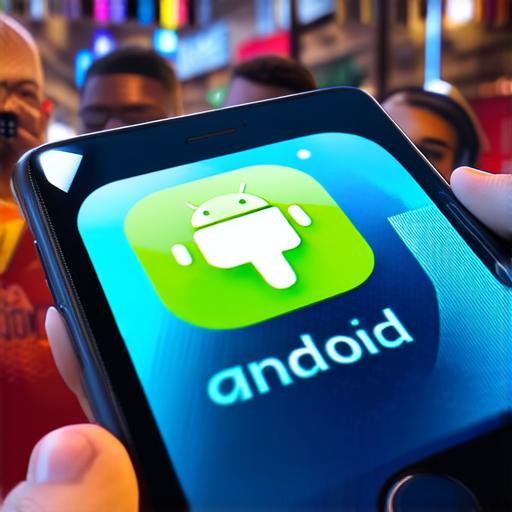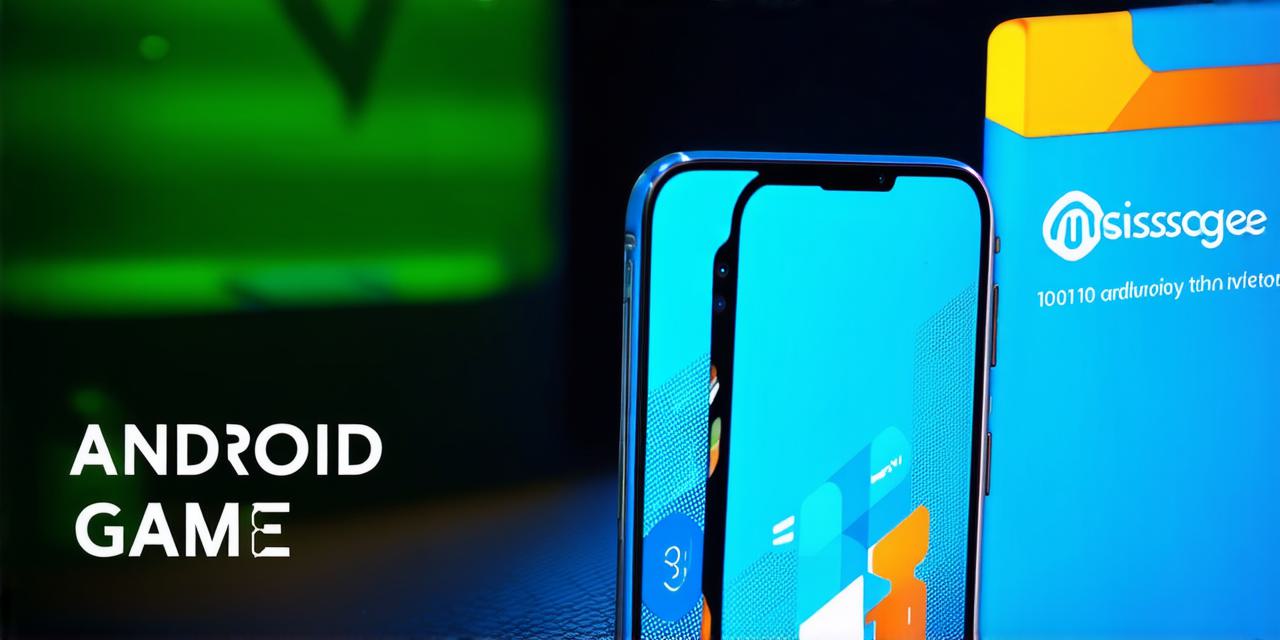Introduction
The rise of mobile gaming has led to an increase in the number of players accessing games through messaging apps. iMessage, the default messaging app for Apple devices, and Android Messenger, the default messaging app for Android devices, are two of the most popular messaging apps used for mobile gaming. However, compatibility issues have hindered the ability of game developers to reach a larger audience on different platforms. In this article, we will explore the compatibility of iMessage games with Android devices and analyze its impact on game development and player experience.
Compatibility Issues: A Problem for Game Developers
Compatibility issues between iMessage and Android Messenger have been a significant concern for game developers. Games that are designed to work exclusively on iMessage may not be accessible or functional on Android devices, leading to limited reach and reduced revenue potential. For example, games like “iGarden” and “Farmville” were only available on iMessage, making it difficult for players who used Android devices to access them.
One of the main reasons for compatibility issues is the use of different programming languages and platforms. Apple’s iOS operating system uses Objective-C and Swift, while Android’s Android operating system uses Java. This makes it challenging for developers to create a game that works seamlessly on both platforms without significant coding changes. Additionally, differences in messaging app features and user interfaces can affect the functionality of games designed specifically for one platform.
To address this issue, game developers have turned to cross-platform development tools and frameworks that allow them to create games that work on both iOS and Android devices. For example, Unity, a popular game engine, supports both platforms and allows developers to create games that can be accessed through messaging apps like iMessage and Android Messenger.
The Impact of Compatibility Issues on Player Experience
Compatibility issues can have a significant impact on player experience. Players who are unable to access games on their preferred platform may feel frustrated and disappointed, leading to lower engagement and reduced loyalty. Additionally, players who have to switch between different messaging apps to access games may find the user interface inconsistent and confusing, further reducing their enjoyment of the game.
To provide a seamless player experience, game developers should aim for cross-platform compatibility whenever possible. This ensures that players can access games on any platform they prefer without having to worry about compatibility issues. For example, a game developer may choose to create a version of their game specifically designed for iMessage users, but also offer a separate version for Android Messenger users.

Case Study: The Success of “Angry Birds” and Cross-Platform Compatibility
The success of “Angry Birds,” one of the most popular mobile games in history, can be attributed to its cross-platform compatibility. Rovio, the developer of “Angry Birds,” created a version of the game specifically designed for iMessage users, which allowed them to access the game through Apple’s messaging app. However, the company also offered a separate version of the game for Android Messenger users, ensuring that players on different platforms could access the game seamlessly.
The cross-platform compatibility of “Angry Birds” contributed to its success by allowing it to reach a larger audience and increase revenue potential. The game’s popularity on both iOS and Android devices led to its success in the mobile gaming market, making it one of the most downloaded games of all time.
Summary
In conclusion, compatibility issues between iMessage and Android Messenger have been a significant concern for game developers. However, by using cross-platform development tools and frameworks, developers can create games that work seamlessly on both platforms and provide a better player experience. Additionally, successful case studies like “Angry Birds” demonstrate the importance of cross-platform compatibility in achieving success in the mobile gaming market.
FAQs:
1. What are the main reasons for compatibility issues between iMessage and Android Messenger?
* Differences in programming languages and platforms used by iOS and Android operating systems, as well as differences in messaging app features and user interfaces.
2. How can game developers address compatibility issues?
* By using cross-platform development tools and frameworks that allow them to create games that work on both iOS and Android devices.
3. What impact can compatibility issues have on player experience?
* Compatibility issues can lead to frustration, disappointment, and reduced engagement among players who are unable to access games on their preferred platform or switch between different messaging apps.
